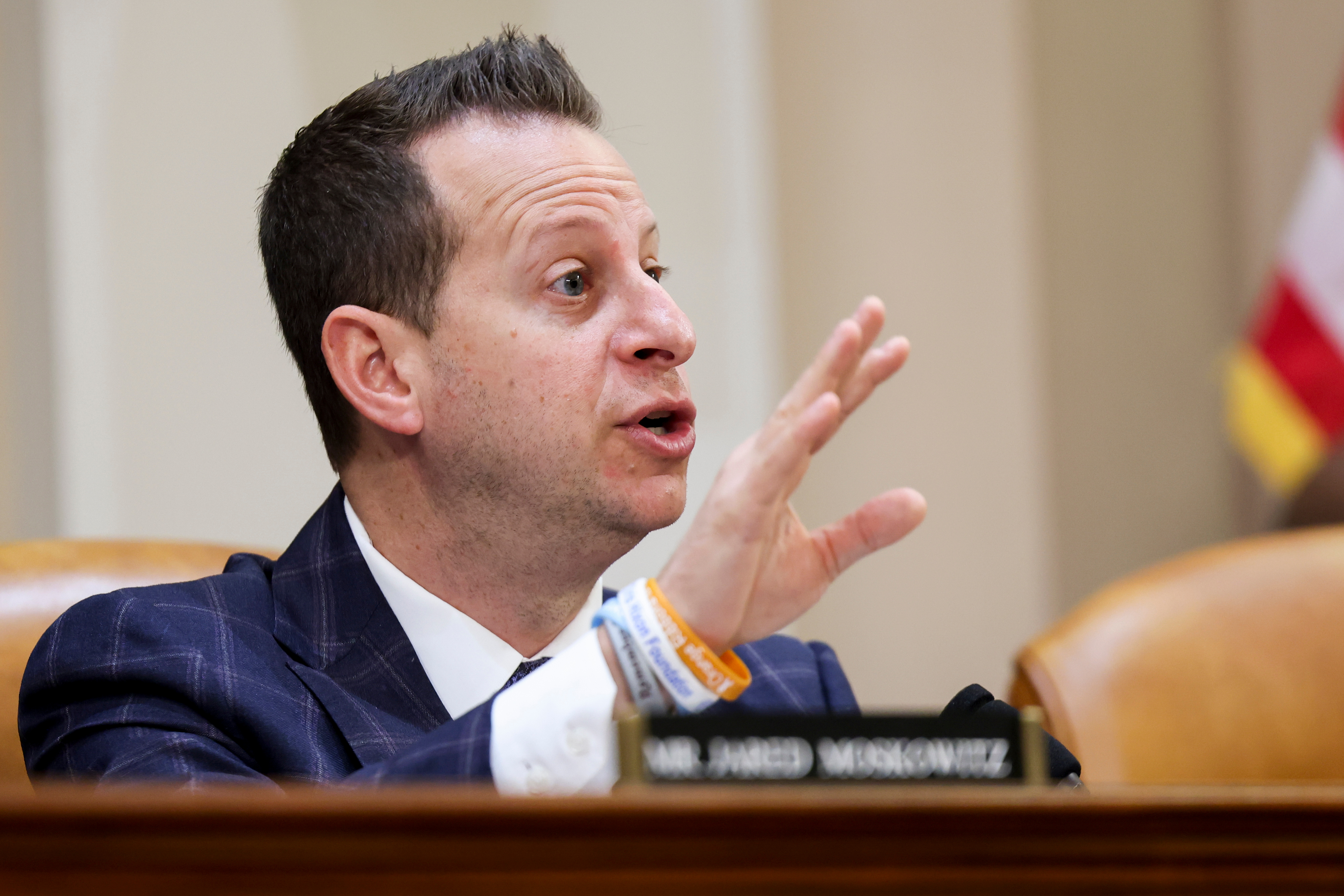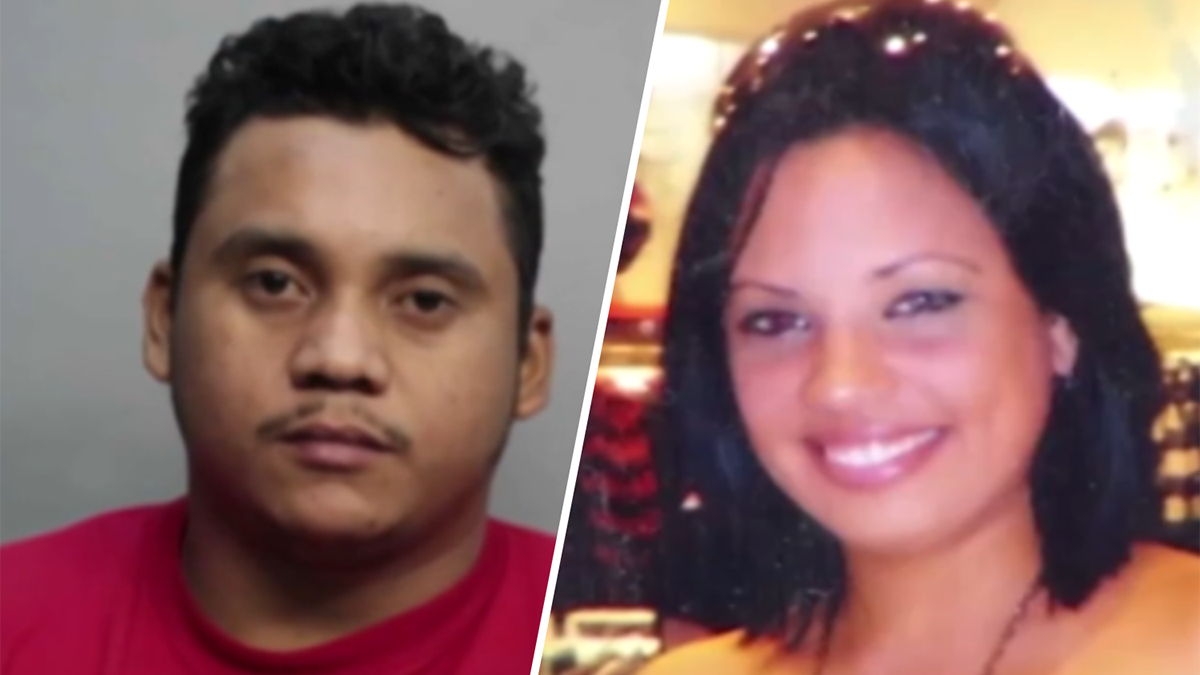What to Know
- Diaz-Canel was the country’s first Vice President and a long-time protégé of Raul Castro, the leader of the communist nation since 2008.
- The presidential result is essentially clear since Cuba’s national assembly approves all executive branch proposals by at least 95 percent.
- Raul Castro will still be the most powerful person in Cuba for the time being as he will continue to be the leader of the Communist Party.
In his last speech to the National Assembly as president of Cuba, Raul Castro took sharp aim at the United States.
“On December 17th of 2014, together with then President Barack Obama, we began a process of finding solutions and cooperation between both nations, although the idea of undermining the Cuban revolution never ceased. Now, there has been a deliberate regression -- reaching its peak with the insulting memo of June 2017 given by President Trump and backed by extreme right-wing Florida lawmakers," Castro said in his speech.
He also blasted the expulsion of Cuban personnel in Washington and the removal of U.S. diplomats from Cuba.
Regarding Cuba’s human rights record, he said: “We don’t need lessons from the United States. We can fix our own problems.”
Castro also made reference to President Trump’s proposed wall, calling U.S. policy towards immigrants “racist.”
He said Cuba maintains its solidarity with Syria. As for Russia, Castro said that Cuba will never be ungrateful or forget that Russia was there for the country during its most difficult period.
Castro spoke Thursday after Miguel Diaz-Canel was named the new president of Cuba — the first person not named Castro to hold that title since 1959.
Diaz-Canel was the country’s first vice president and a long-time protégé of Raul Castro, the leader of the communist nation since 2008, when he took over from the longtime leader, his brother Fidel. The 57-year-old was hand-picked in an effort to ensure the continuation of one of the globe’s last surviving communist states.
The presidential result was essentially clear since Cuba’s national assembly approves all executive branch proposals by margins of 95 percent or higher. 603 of the assembly's 604 members voted for Diaz-Canel, with the new president being the only person not to cast a vote.
Diaz-Canel is known to Cubans in the central province of Villa Clara as a modest-living, hard-working member of the party that has been in control for generations. He is an electrical engineer who previously served as the minister of education.
“They’ve put in a nondescript civilian who doesn’t belong to the military, which is very important, and doesn’t have any control over any of the businesses,” said Jim Cason, a former U.S. diplomat to Cuba. “He’s an apparatchik so I think it’s a succession.”
Raul Castro will still be the most powerful person in Cuba for the time being as he will continue to be the leader of the Communist Party on the island.
“You can look at it as a generational transition, but it’s not a real transition to something new and different in Cuba,” Cason said.
Some of the issues Diaz-Canel will face include a stagnant economy at home, with growing disenchantment on the island with slow market reforms Castro introduced in 2011.
Local
The country is also receiving fewer dollars from American tourists, as President Donald Trump has reinforced some restrictions eased under the administration of former President Barack Obama.



